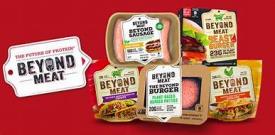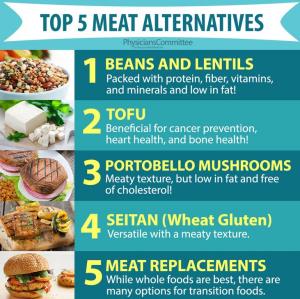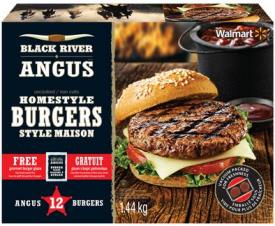 An extensive survey conducted by Purdue University, Michigan State University, and Wageningen University in the Netherlands, confirmed that consumers favored beef over plant based alternatives. The survey appears to have been a conjoint analysis with orthogonal comparisons representing a valid evaluation of willingness to purchase given product attributes at various prices.
An extensive survey conducted by Purdue University, Michigan State University, and Wageningen University in the Netherlands, confirmed that consumers favored beef over plant based alternatives. The survey appears to have been a conjoint analysis with orthogonal comparisons representing a valid evaluation of willingness to purchase given product attributes at various prices.
The cost of hypothetical products ranged from $3 per pound to $10 per pound for certified angus beef, Beyond Meat patties, Impossible Foods patties, and Memphis Meats cell-cultured product, presuming commercial availability. Attributes evaluated by the 1,800 participants in the survey included sustainability, technology and branding. In evaluating the individual products 72 percent opted for beef, seven percent for a yeast-based alternative and 16 percent for a pea-based product. Only five percent selected a cell-cultured product, although the price range offered was competitive with conventional meat, but given current technology  unattainable at anywhere near $10 per pound. With respect to sustainability, 68 percent of respondents opted for beef, but this increased to 80 percent when branding was an option.
unattainable at anywhere near $10 per pound. With respect to sustainability, 68 percent of respondents opted for beef, but this increased to 80 percent when branding was an option.
The study did not examine consumer response to a hybrid product combining real beef with plant-based extenders, effectively the 2020 version of “hamburger helper”. In a recessionary economy price will be an important determinant of the purchase decision. It will be possible for companies such as Tyson Foods that is already marketing combinations of beef and vegetable-derived protein to satisfy the demand for nutritional value, organoleptic qualities and the perception of sustainability.
 The conclusion from the study is that consumers are willing to consider alternatives to beef for patties, but a major change in purchasing patterns will require time, improvement of product with regard to texture and taste and will necessitate extensive promotion. Currently, alternatives to meat represented one percent of the retail market share of animal protein sales in 2019. With selection of protein to be influenced by price, consumers will carefully evaluate unit cost that at present disfavors plant alternatives that are inexplicably more expensive than real meat. The fact that close to a third of subjects in the survey would consider purchasing an alternative to real meat does not necessarily indicate that this proportion will represent the ultimate market share attained by the plant-protein segment of the food industry in years to come.
The conclusion from the study is that consumers are willing to consider alternatives to beef for patties, but a major change in purchasing patterns will require time, improvement of product with regard to texture and taste and will necessitate extensive promotion. Currently, alternatives to meat represented one percent of the retail market share of animal protein sales in 2019. With selection of protein to be influenced by price, consumers will carefully evaluate unit cost that at present disfavors plant alternatives that are inexplicably more expensive than real meat. The fact that close to a third of subjects in the survey would consider purchasing an alternative to real meat does not necessarily indicate that this proportion will represent the ultimate market share attained by the plant-protein segment of the food industry in years to come.